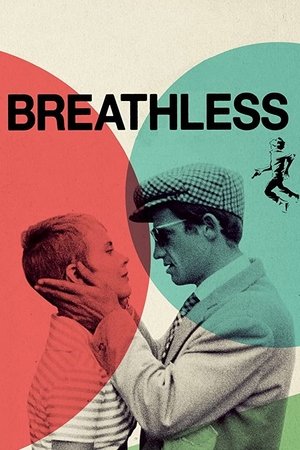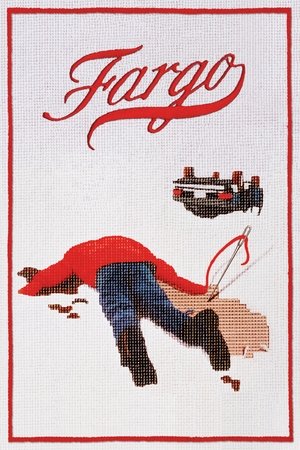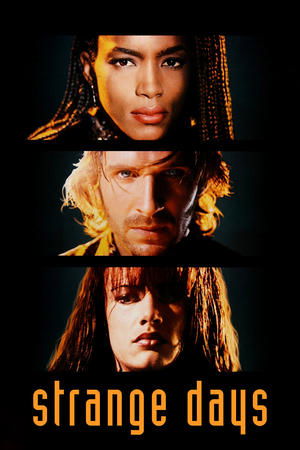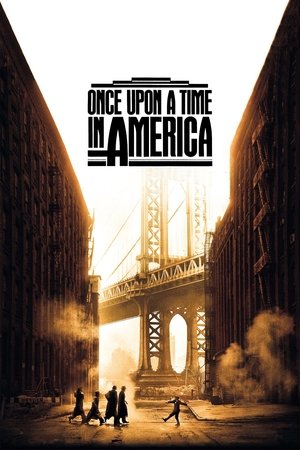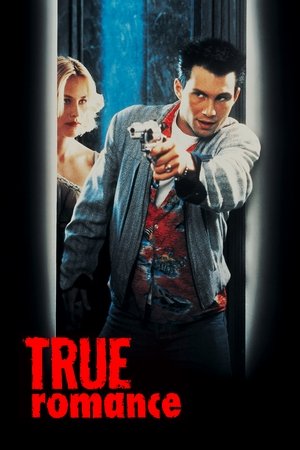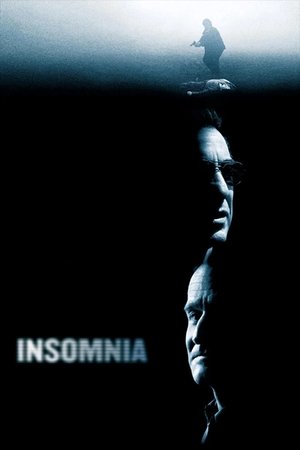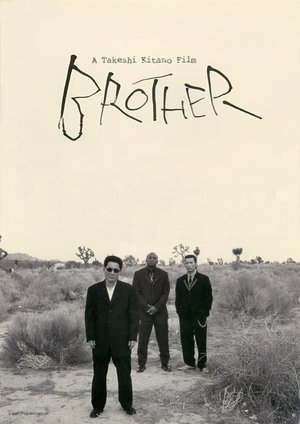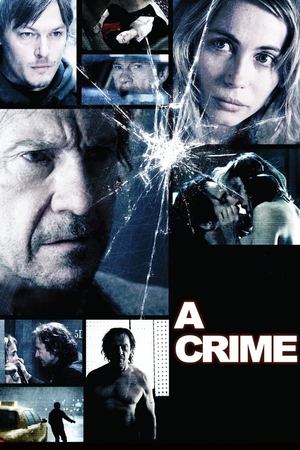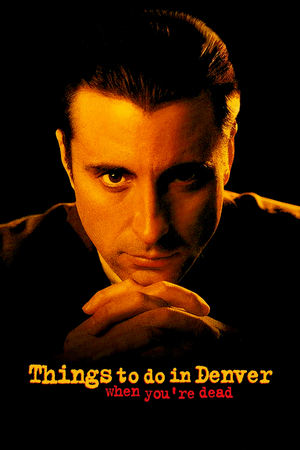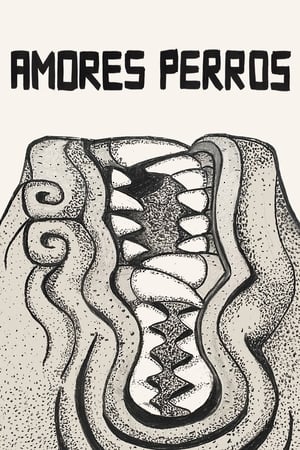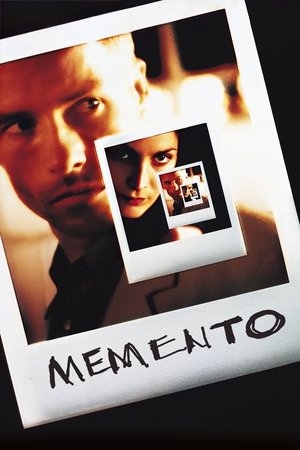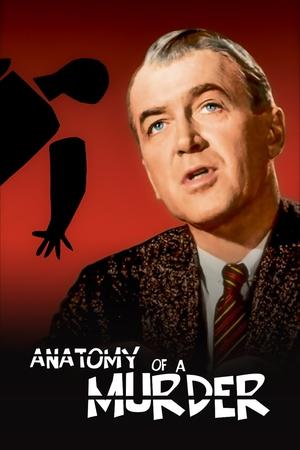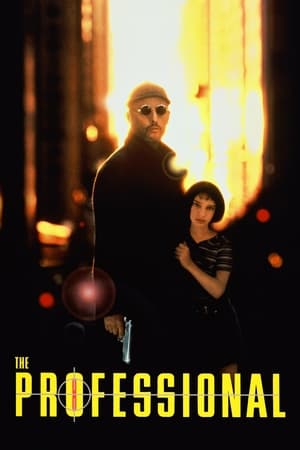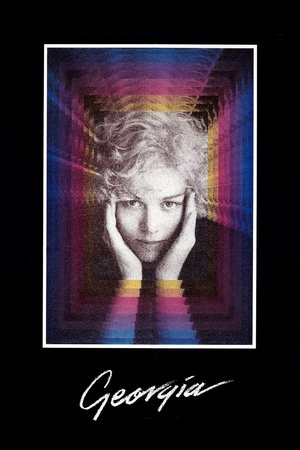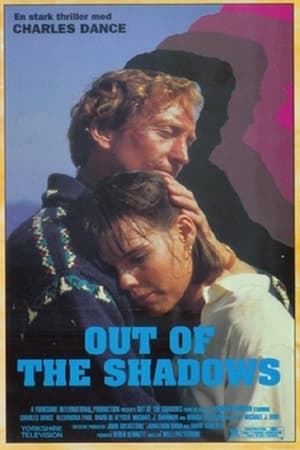Overview
An insurance representative is seduced by a dissatisfied housewife into a scheme of insurance fraud and murder that arouses the suspicion of his colleague, a claims investigator.
Reviews
It's definitely hard to pin down a personal favourite Wilder film, though I tend towards his earlier masterworks such as 'The Lost Weekend', 'Sunset Boulevard'...and THIS. He was one of the finest at getting straight through the bullshit and to the heart of all things noir (as the immortal Jean-Luc Godard stated, 'All I need to make a film is a man, a girl and a gun').
Barbara Stanwyck is one of my favourite actresses of the period, and is a classic 'femme fatale'. I've never been a huge fan of Fred MacMurray, but his 'nice guy' persona is used to sheer advantage by Wilder, and he end up both doing his finest work for Wilder (here and in 'The Apartment') and being the ultimate noir male protagonist. Interestingly, one of my favourite actors, Edward G. Robinson, thought so much of the script that he opted out of his demand of never doing a supporting role. Many people admire Wilder the director, but as a writer (or co-writer) he's just as cinematically important and influential.
Like any other film of his, at least that I've had the pleasure to see, it's worth a purchase and re-watches. The dialogue, especially, is simply fantastic. I'd take just one of his early works over a hundred of the films Hollywood churns out nowadays. They're simply that better and intrinsically satisfying. Immortal cinema.
A banner movie from film noir's classic era.
Double Indemnity is directed by Billy Wilder and Wilder co-adapts the screenplay with Raymond Chandler from the novella written by James M. Cain. It stars Fred MacMurray, Barbara Stanwyck and Edward G. Robinson. Music is by Miklos Rozsa and cinematography by John F. Seitz.
For a film lover such as myself it feels redundant writing a review for Double Indemnity, because quite simply there's nothing to say that hasn't been said already. The esteem it is held in is justified, it's a razor sharp noir across the board and can be put up as one of the classic noir era pictures that got lovers of the form interested in the first place.
Based around the infamous Snyder/Gray case of 1927, Wilder and Chandler fill the story with a sinister cynicism that is palpable in the extreme. With a script positively pumped with hard boiled dialogue, a simple case of murder becomes so much more, a labyrinth of devious cunning and foolishness, with a trio of top performances crowning this topper.
Technically via aural and visual work the story gains extra spice. Rosza provides a score that frays the nerves, imbuing the sense of doom and edginess required for plotting. Seitz excels, the photography a trademark for noir, heavy shadows, abrupt camera angles and menacing shards of light come to the fore.
And to top it all off, it gets away with so much, a real censorship baiter. The story takes a journey to the dark side of morality, and the makers, bless them for they know what they do, gleefully tease the production code to give film noir fans a reason to rejoice.
Quintessential stuff. 10/10
Perhaps the single best example of a film noir movie, _Double Indemnity_ (1944), stars Fred MacMurray, Barbara Stanwyck, and Edward G. Robinson. Based on a novel written by James Cain, the screenplay was co-written by Billy Wilder and the amazing Raymond Chandler.
Set in 1938 California, the story is based on the true-life 1927 murder of a married Queens, New York woman's husband who was killed by the woman's boyfriend after she took out a large insurance policy that contained a double-indemnity clause. In this movie, Phyllis Dietrichson (played by Stanwyck) takes out a life insurance policy on her husband with the help of insurance salesman-soon-to-be-turned-murderer Walter Neff (played by MacMurray). Robinson plays Barton Keyes, Neff's co-worker and a very suspicious claims adjuster who suspects Phyllis Dietrichson might have had something to do with her husband's sudden death.
This movie is an hour and forty-seven minutes of pure movie love. The film was nominated for seven Academy Awards [Best Picture, Best Actress in a Leading Role (Barbara Stanwyck), Best Director, Best Writing-Screenplay, Best Cinematography, Best Sound Recording, and Best Music (Scoring of a Dramatic or Comedy Picture)], though it won none.
Very well done film noir from the 1940s with great performances by Fred MacMurray, Barbara Stanwyck and Edward G. Robinson along with good photography and direction from Billy Wilder. I've seen this one before but it's been at least 20 years though coincidentally, a scene from this was in a movie I recently watched (another re-watch) in Femme Fatale. **4.5/5**
So poor old Tom Powers is married to the cold and calculating "Phyllis" (Barbara Stanwyck). When she starts to have an affair with his charismatic insurance broker "Walter" (Fred MacMurray) the two alight on a cunning plan to dispose of him and to claim the life insurance money. Being in the know about these things, "Walter" figures out a way in which they can double the payout. With their hands still rubbing together, the man's body is found on a railway track and when the police believe it accidental, the cash rolls in. All looks good until one of his colleagues "Keyes" (Edward G. Robinson) smells a rat - and he starts to stick his very sensitive nose in. I always felt Barbara Stanwyck was a very under-rated actress - she is terrific here, as is the under-stated Robinson. Even the usually unremarkable MacMurray turns in an strong performance as Billy Wilder, with some great intense photography and wonderfully potent dialogue pulls the threads of this clever and menacing drama together. The always reliable Miklós Rósza creates a score that really works well with the accumulating tension as we head towards a denouement that keeps us on our toes right til the end. This is a great film.
**A magnificent "noir" with great actors, which was unlucky at the awards, and was immortalized by the public, surviving fresh to this day.**
I've previously had the opportunity to mention that I really like noir films, and this is another one that I had the pleasure of seeing and will save for occasional rewatches. Based on a good detective novel, the film is extremely intelligent, dark and well articulated. Made in 1944, still during the Second World War, it was nominated the following year for seven Oscars (Best Film, Best Director, Best Actress, Best Screenplay, Best Sound, Best Black-and-White Cinematography and Best Original Soundtrack for Comedy or Drama). I naturally wasn't alive at the time, but I imagine it was one of the favorite films at that year's awards gala. Interestingly, and not without injustice, it lost them all.
Directed in a very intelligent and effective way by Billy Wilder (who was one of the great directors of Hollywood's golden era), the film has excellent cinematography, with magnificent clarity and play of light that takes advantage of the sun, shutters and other forms of soften the brightness when necessary. The soundtrack, by Miklós Rózsa, is very well-used and atmospheric. The script is excellent and was based on a very good dramatic story: an insurance agent is seduced by a woman and then tricked into helping her kill her husband and receive the money from a huge accident insurance policy. It turns out that insurance companies can be more meticulous than the police and, while the authorities are satisfied with an “accident”, some elements of the company are not uninterested in the matter. Could it have been better? Perhaps if the man's death was more nebulous and the perpetrator was not evident.
Fred MacMurray had, in this film, the opportunity to give the greatest performance of his entire film career. Despite being a good actor and having participated in more projects, it was this film that immortalized him and meant that his name did not disappear completely. It's not a perfect performance, the actor is a little too theatrical at times, but it worked great. The role of the femme fatale was masterfully played by Barbara Stanwick, another great actress who deserves applause for the work developed here. In addition to being very beautiful, she gave the character an aura of perfidy and callousness, and had an exceptional rapport with MacMurray, full of tension and restrained desire. Despite being away from the spotlight, the secondary cast does a competent job: the efforts of Edward G. Robinson and Jean Heather deserve to be highlighted.

 107 min
107 min
 8.095
8.095
 1944
1944
 USA
USA
 talisencrw wrote:
talisencrw wrote: